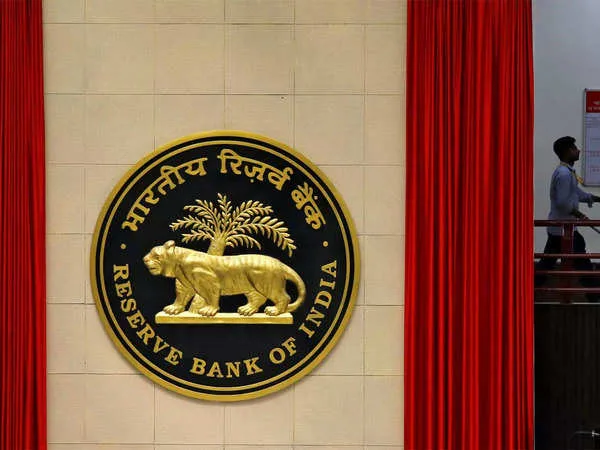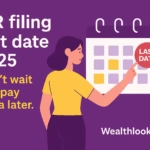RBI declared that the new set of rules for new penal charges, effective from 1st April 2024. It is to curb the current practice of charging high interest for loan defaults. The NBFCs and HFCs have this tendency to charge penal charges over and above the existing interest rates for loan defaults.
The Apex body noticed such practice and has now brought a new rule to control this system. The latest guidelines prohibit financial institutions from charging such high penalties for loan defaulters. Indeed, this is a significant relief for the borrowers.
The Reserve Bank of India promises to rationalize lending policies in India. Therefore, it is warning the top financial institutions to comply with the new policies.
Guidelines of RBI For HFCs and NBFCs
Often, Housing Finance Companies (HFCs) and Non-Banking Financial Institutions (NBFCs) put undue pressure on borrowers for failing EMIs. Hence, the RBI has decided to stop this unfair system through new laws on penal charges.
Sangita Mehta explained the borrower’s rights and lender’s duties and stated how important this step is. Reserve Bank undoubtedly allows financial institutions to levy penal charges for loan defaults. However, that does not mean that lenders will charge excessive amounts in the name of penalties. Lenders cannot add to the original interest rate.
According to the new guidelines of the Reserve Bank, no further interest will be charged over and above the penalties. This will curb the growth of malpractices, thus putting an end to the undue pressure on the borrowers. Moreover, there will not be any capitalization of these penal amounts.
New Norms in Favor Of The Borrowers
Trusted sources report that banks and NBFCs cannot charge excessive amounts for deviating from loan rules. This step’s primary aim is to prevent financial institutions from imposing high interest rates for late EMI payments. It will also encourage responsible behavior on the part of lenders.
Several customers repeatedly complain about the unpleasant behavior of the banks and NBFCs. It becomes more evident when a person fails to pay an installment. Considering such feedback, the Central Bank of India decided to conduct a review.
According to that study, the professionals discovered the real intentions of banks and non-banking financial institutions. They charge high penalties and even impose additional interest rates to increase their income. As a result, the total advances gave a high figure at the end of the accounting period. This is a serious crime that the banks have been doing for ages. However, this time, the Apex Bank of India is strict about framing the new laws on penal charges.
Determination of Penal Charges by RBI
The RBI directives state that the penal charges will be applicable on the defaulted amount. It implies that a defaulter has to give an extra charge over and above the original EMI amount. This is the legitimate loan installment that a person is supposed to pay.
The NBFS, HFC, and banks must have a pre-approved policy for the penal charges on loan defaults. Therefore, they need to charge a fair charge consistently, depending on the respective board-approved policy.
These guidelines apply to all sorts of loans, including co-lending and securitization. Furthermore, banks can reverse uncollected accrued income for non-performing loan accounts. The RBI also mentioned in the guidelines that the rules will not apply to foreign currency loans.
Every financial institution in India is bound to follow these RBI directives from April 1, 2024. Therefore, it is time for the borrowers to wear a big smile of relief. If any bank is not following the rules, the customer can lodge a complaint to the Reserve Bank for strict actions.






